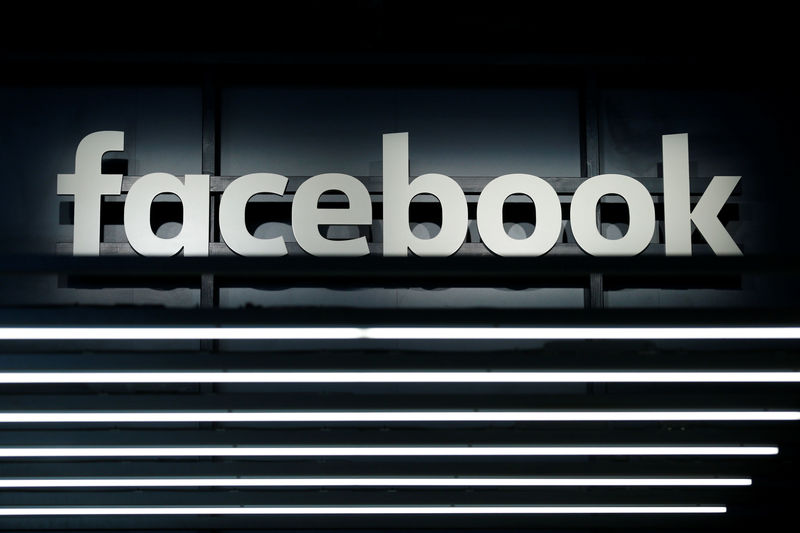This post was originally published on this site
https://i-invdn-com.akamaized.net/trkd-images/LYNXMPEH0R16Q_L.jpg
(Reuters) – Deciding its first-ever cases, Facebook Inc (NASDAQ:FB)’s oversight board ruled on Thursday that the social media company was wrong to remove four of five pieces of content the board reviewed, including posts Facebook took down for violating rules on hate speech and harmful COVID-19 misinformation.
The first rulings will be scrutinized to see how independent the board appears from the world’s largest social media platform, particularly ahead of its high-profile decision on whether Facebook was right to suspend former U.S. President Donald Trump.
Facebook blocked Trump’s access to his Facebook and Instagram accounts over concerns of further violent unrest following the Jan. 6 storming of the U.S. Capitol by the former president’s supporters. The board said the Trump case would be opened for public comment on Friday and that he had not yet provided a statement to the board.
Facebook said it would abide by the board’s decisions. The group, which was created by Facebook in response to criticism of the way it treats problematic content, also called for the company to be clearer about its rules on what is allowed on its platforms.
The oversight board started hearing cases in October and announced the first cases it would review in December. Here is the full list of the board’s rulings:
DECISIONS OVERTURNED:
* A post with photos of a deceased child that included commentary on China’s treatment of Uighur Muslims.
* An alleged quote from Nazi propaganda minister Joseph Goebbels that Facebook removed for violating its policy on “dangerous individuals and organizations.”
* A post in a group claiming certain drugs could cure COVID-19, which criticized the French government’s response to the pandemic. This case was submitted by Facebook, rather than a user.
* Instagram photos showing female nipples that the user in Brazil said aimed to raise awareness of breast cancer symptoms. Facebook had also said this removal was an error and restored the post.
DECISION UPHELD:
* A post that purported to show historical photos of churches in Baku, Azerbaijan, with a caption that Facebook said indicated “disdain” for Azerbaijani people and support for Armenia.
Facebook now has seven days to restore the pieces of content that the board ruled should not have been taken down. The board said it would shortly announce one more case from its first batch.
The board also issued nine nonbinding policy recommendations – for example that Facebook should tell users the specific rule they have violated and better define their rules on issues like dangerous groups and health misinformation. Facebook doesn’t have to act on these, but it does have to publicly respond within 30 days.
“We can see that there are some policy problems at Facebook,” said board member Katherine Chen in an interview with Reuters. “We want their policy to be clear – especially those policies involved in human rights and freedom of speech. They have to be precise, accessible, clearly defined,” she added.
In a blog post, Facebook said its COVID-19 misinformation policies could be clearer and that it would publish updated rules soon. However, it said it would not change its approach to removing misinformation during a global pandemic.
Facebook has long faced criticism for high-profile content moderation issues, ranging from temporarily removing a famous Vietnam-era war photo of a naked girl fleeing a napalm attack to failings in policing hate speech and misinformation.
The board said on Thursday that it had received 150,000 appeals since it started accepting cases in October. It will rule on a limited number of controversial decisions.
The board has 20 members including former Danish Prime Minister Helle Thorning-Schmidt and Nobel Peace Prize laureate Tawakkol Karman.
The group hears cases from users who have exhausted the company’s appeals process on content removed from Facebook’s platforms, not content that has been left up. The board’s limited remit has been the subject of criticism. Facebook itself can ask the board to review a wider range of content problems.
Before the rulings were announced, a group of Facebook critics, dubbed The Real Oversight Board, said they were “a PR effort that obfuscates the urgent issues that Facebook continually fails to address – the continued proliferation of hate speech and disinformation on their platforms.”
Facebook has pledged $130 million to fund the board for at least six years.

